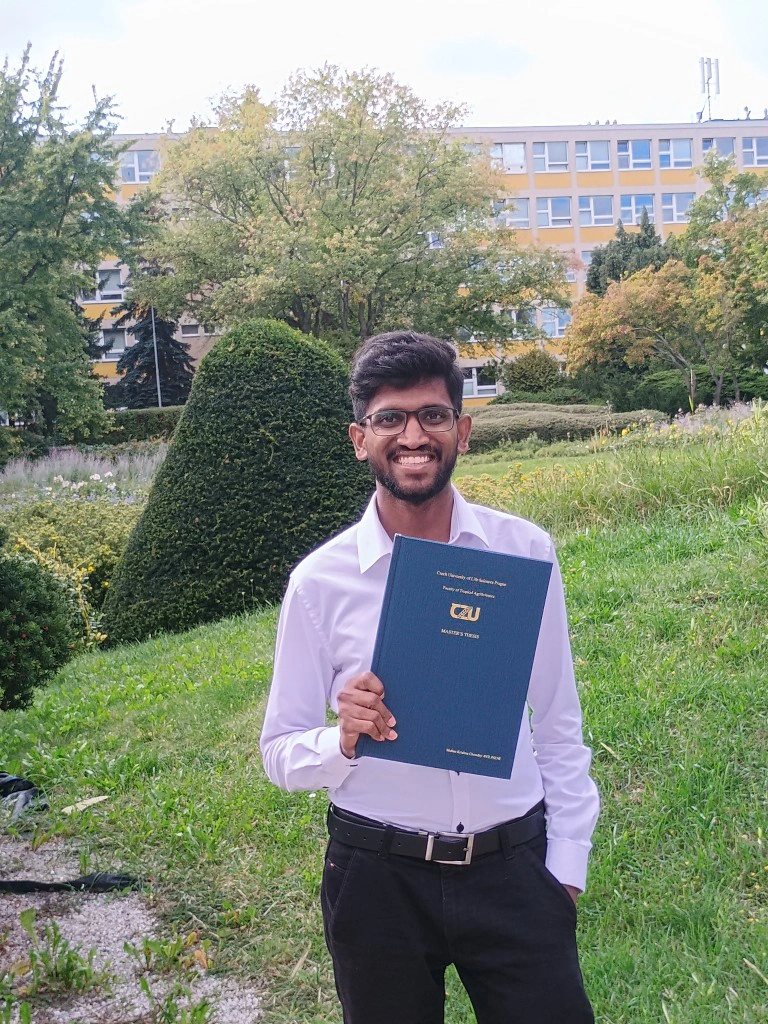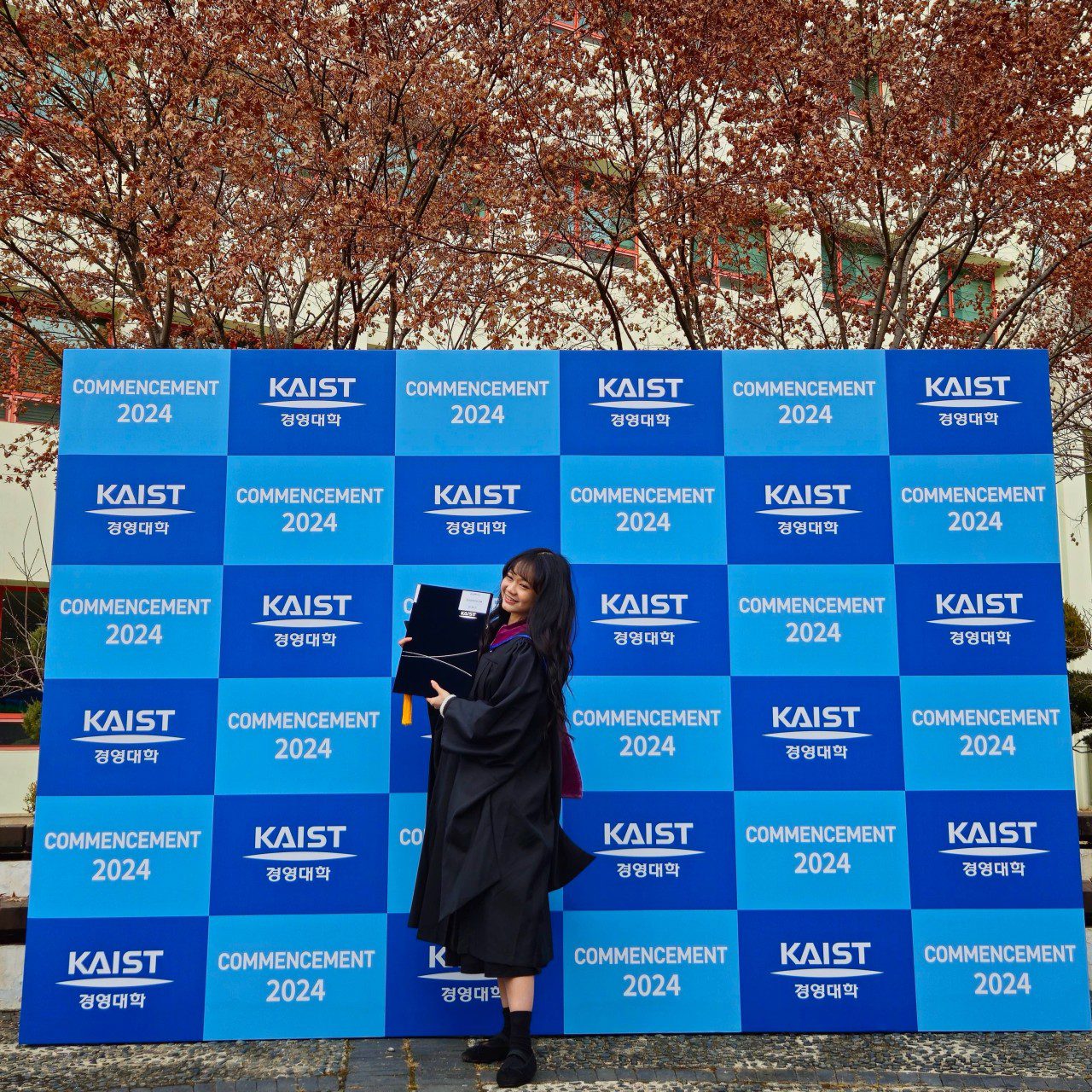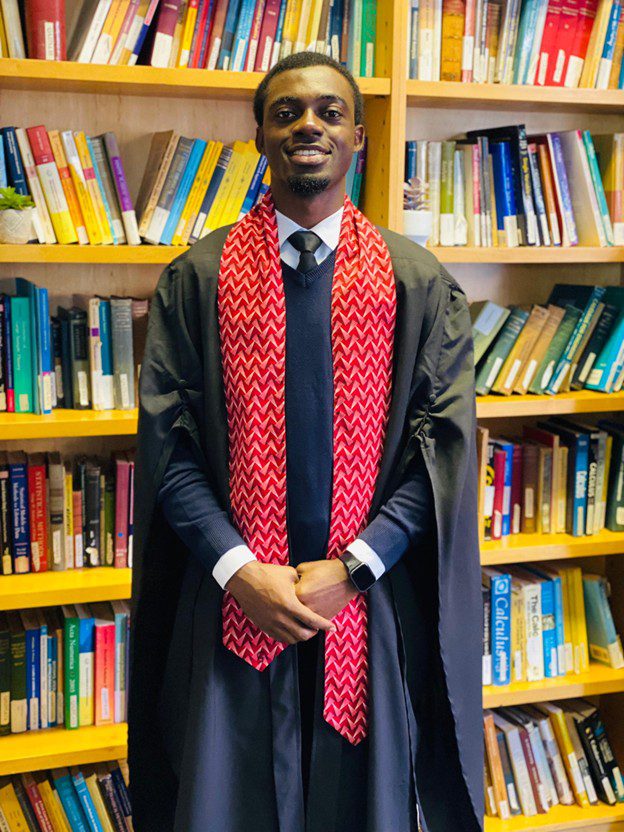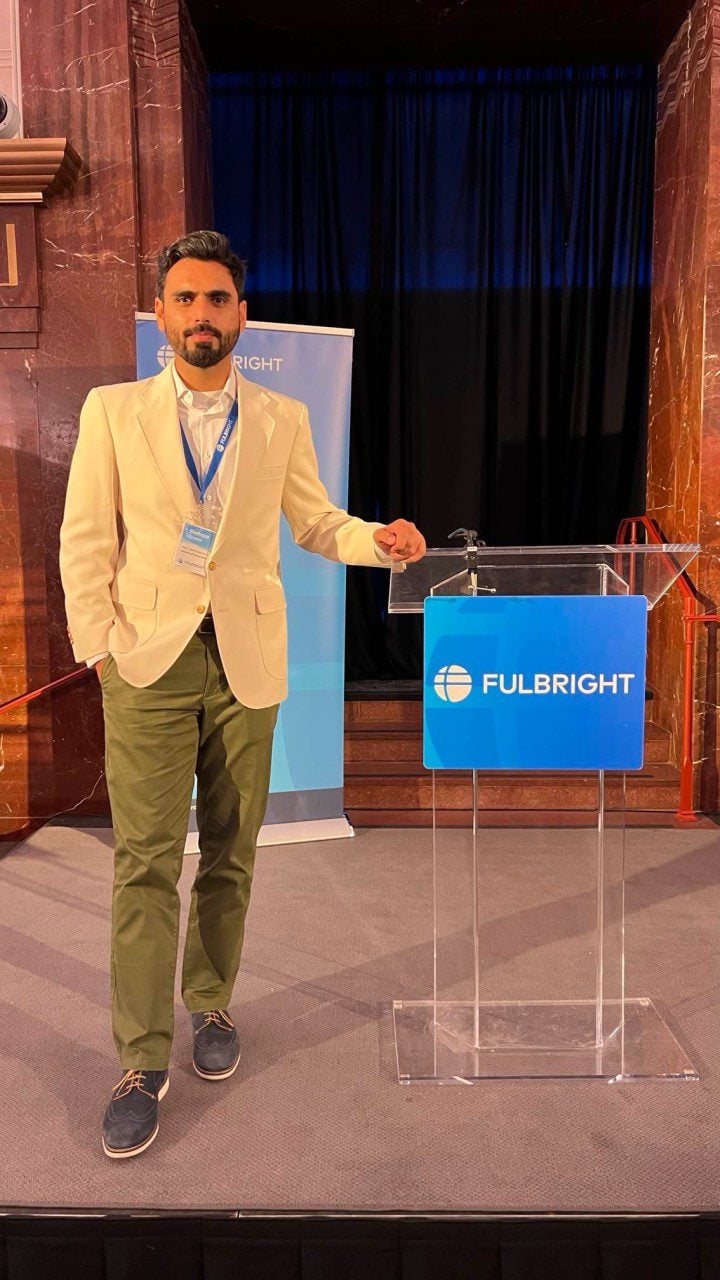Erasmus Mundus Scholar, Mohan Krishna Chowdry Avilineni from India, Earns a Joint Master’s in Global Forestry (GLOFOR) from the Universities of Copenhagen, Dresden, and Prague
University: University of Copenhagen (Denmark), Technical University of Dresden (Germany), and the Czech University of Life Sciences Prague (Czechia)
Degree: Erasmus Mundus Joint Master’s in Global Forestry (GLOFOR) – Specialization in Agroforestry Systems and Biodiversity
Previous Education: Bachelor of Science (Honours) in Agriculture, Tamil Nadu Agricultural University, Coimbatore, India
Scholarship: Erasmus Mundus Joint Master’s Scholarship – Fully Funded (covers tuition, living stipend, travel allowance, and insurance)
Social Media

The Journey
I’m Mohan Krishna Chowdry Avilineni, originally from a South Indian state called Tamil Nadu. I recently graduated with Excellence and Honours from the Erasmus Mundus Joint Master's in Global Forestry (GLOFOR) in September 2025, earning triple degrees from the University of Copenhagen, Denmark (1st semester), the Technical University of Dresden, Germany (2nd semester), and the Czech University of Life Sciences Prague, Czechia (2nd year). My specialization in the program focused on agroforestry systems and biodiversity.
Educational Background
I hold a B.Sc. Honours Agriculture degree from Tamil Nadu Agricultural University, Coimbatore, before my Erasmus Mundus journey. During my studies and after graduation, I involved myself in various upskilling and volunteering activities with passion and diligence and without thinking about results. On the other hand, I started my career as an Agronomist and further transitioned into Managerial roles working on regenerative agriculture, agrotourism, and agroforestry projects.
This blend of a strong academic foundation, diverse professional experience, and a mindset focused on continuous learning prepared me for the multi-country experience in the Erasmus Mundus program. It also nurtured a deep sense of adaptability, fueling my desire to expand my horizons across multiple European countries, enhancing my knowledge and perspective on sustainable agricultural practices globally.
How Did You Prepare to Apply for the Erasmus Mundus Scholarship?
Studying abroad had always been my dream, but financial barriers made it seem out of reach. At one point, I made a bold decision to leave my bread-winning job and start from scratch, which became a major turning point in my life. This leap of faith set me on a path of determination and resilience.
I began by taking the IELTS test and researching scholarship programs, focusing on those that would align with my passion. I specifically targeted Erasmus Mundus because of its unparalleled opportunities for academic growth and global networking. I also considered other programs like EMISS and Danube AFM, but the multi-country experience and the highly respected Global Forestry program drew me in the most.
I had already prepared my CV and motivational letter during my pre-final year of my bachelor’s studies. However, I didn’t settle for what I had. I revamped my application materials with help from peers and mentors who had already earned scholarships or were pursuing higher education in Europe. LinkedIn played a crucial role in connecting me with the right people who provided valuable feedback. I also sought personalized recommendation letters from my professors, ensuring that my application was comprehensive, well-articulated, and tailored to the specific program requirements.
Recognizing the competitiveness of the Erasmus Mundus Scholarship, I made sure to submit my application well before the deadline. This gave me time to review and make any necessary changes to avoid errors and ensure the application was as strong as possible.
What set me apart, I believe, was my strong academic record, coupled with my professional experience and volunteering in the field of agriculture. Most importantly, my clear motivation to pursue this program and the specific value I would bring to the field positioned me as a strong candidate in the highly competitive pool of applicants.
Could You Briefly Discuss the Erasmus Mundus Program You Pursued and the Specific Field of Study It Focused On?
I pursued the Erasmus Mundus Joint Master's in Global Forestry (GLOFOR), a program centered on global forest management issues and agroforestry, with a special emphasis on the Global South. During the second year, GLOFOR offers five different specializations across five partner universities, allowing students to deepen their expertise in their chosen field.
A unique feature of the program is the annual field school held in a tropical country before the start of the second semester mobility. During this period, students collaborate in teams, explore their specialization topics, and receive close supervision from faculty members of the host university.
I had the opportunity to attend the field school in Nepal, where I conducted a short research project in agroforestry, which is my chosen specialization within GLOFOR. This experience strengthened my ability to develop research proposals, design field studies, and practice scientific writing, all essential skills for my thesis work in the second year.
Beyond academics, the field school in the Gorkha hills offered unforgettable memories, sharing local cuisines, engaging with the culture, and experiencing the warmth of the communities. It was a perfect blend of learning, adventure, and personal growth.
How Did the Cost of Living Vary Across the Countries You Studied In? Which Country Was the Most Affordable or Expensive, and How Did You Manage Financially?
During my Erasmus Mundus journey, I lived in Copenhagen (Denmark), Dresden (Germany), and Prague (Czechia). Among the three, Copenhagen was undeniably the most expensive city, even a minimalistic lifestyle requires careful budgeting. In comparison, Dresden and Prague were significantly more affordable, and I found the cost of living in both cities to be quite similar overall. Of course, expenses in each place can vary depending on personal lifestyle and spending habits.
Managing finances across countries with different economic standards required planning, prioritization, and discipline. I made conscious choices such as cooking at home, using public transport, sharing accommodation when possible, and taking advantage of student discounts. The Erasmus Mundus scholarship also helped stabilize my finances, allowing me to focus more on academics and cultural experiences rather than financial stress.
Living in three distinct economic environments taught me how to adapt, budget wisely, and make the most of the multicultural experience, an invaluable life skill that goes far beyond the classroom.
Did You Face Any Language Barriers, and if So, How Did You Overcome Them? Did the Language of Instruction Change from One Country to Another?
Yes, I did encounter language barriers, particularly when searching for internships and handling bureaucratic processes in Dresden and Prague. To manage this, I learned a few essential local phrases for everyday situations and relied on tools like Google Translate to navigate more complex interactions. These small efforts made daily life much easier and showed locals that I was willing to adapt.
In contrast, Copenhagen was quite English-friendly, which made the transition into the program much smoother.
As for academics, the language of instruction remained English across all partner universities, so there were no challenges in following lectures, coursework, or communication within the classroom environment.
Would You Recommend the Erasmus Mundus Program to Others? What Advice Would You Give to Someone Considering This Scholarship?
I highly recommend the Erasmus Mundus Scholarship; it has truly been a life-changing experience for me, and it can be the same for many others. The program opens doors to world-class education, global exposure, and lifelong friendships that shape both your career and your worldview.
As a member of the GLOFOR application evaluation committee, my key advice to aspirants is to start preparing early. Do not hesitate to reach out to people, mentors, alumni, or even use technology to seek guidance. Whenever in doubt, contacting the program coordinator is always a wise step; they are approachable and genuinely supportive.
Avoid last-minute submissions at all costs. Thoughtful preparation reflects maturity and commitment.
Gaining practical work experience, and if possible, publishing your bachelor’s thesis, a review article, or even a book chapter, can significantly strengthen your application. Your motivation letter and recommendation letters should be personal, authentic, and clearly express who you are, what drives you, and how the program aligns with your goals.
While maintaining good academic grades is important, grades alone will not make you a successful applicant. What truly matters is your story, dedication, clarity of purpose, and the impact you aspire to create.
The Erasmus Mundus Scholarship is prestigious, and so should be your passion and perseverance in pursuing it.
Looking Back, Would You Have Done Anything Differently During Your Time in the Program?
When I look back, one of the most impactful choices I made was becoming the student representative of my program. This role opened doors to organizing student-focused activities, contributing to the GLOFOR application evaluation committee, and representing the program at various levels. Through active engagement and brainstorming, I even secured a short-term work opportunity within GLOFOR itself.
Another defining experience was my summer internship at Unique Land Use, an AFOLU carbon project consulting firm in Freiburg, Germany. I later transitioned into a working student role, which sparked my interest in carbon farming. This ultimately shaped my master’s research in Kenya, conducted in collaboration with CIMMYT India.
With this combined expertise, I eventually became the Head of Certification at Carboneg in Prague, a path I couldn’t have imagined when I first started the program.
If there’s one message I want future scholars to take away, it’s this:
“Networking is net worth. LinkedIn can be a life-changer. Stay open-minded, be appreciative, and remember that the most valuable help often comes from strangers.”
Want to submit your
scholarship journey?
Submit Your Story Here!
More Scholarship Recipients

My name is Vania Estrellita Soegiarto, and I am from Indonesia. I pursued a Finance MBA at KAIST Business School in South Ko .... Read more

Hello, I’m Toyeeb Olamilekan Abubakar from Nigeria. I earned a Bachelor of Science degree in Statistics from the Universit .... Read more

My name is Shehryar Jafar, and I’m from Karachi, Pakistan. I’m currently a PhD student in Electrical Engineering at the .... Read more

Leave A Comment